
Recommendation
It would be difficult to conceive of a more detailed corporate history. Author Douglas Brinkley offers an interesting, lucid narrative of Henry Ford’s early experiments with the automobile, and his first, unsuccessful companies. He promises and delivers a “warts and all” picture of Ford’s history. Brinkley is at his strongest discussing Ford’s origins. But the book is also sprawling, diffuse and unfocused, with a somewhat confusing tendency to jump back and forth along the twentieth century timeline. It is more than a biography of Henry Ford, but less than a thorough history of the Ford Motor Company. The author nods in the direction of the technological, managerial and financial forces that have shaped Ford since the 1950s, though he presents the history of Ford (both man and company) earlier history in vivid detail. Henry Ford's impact still shapes industry in the United States.
Summary
About the Author
Douglas Brinkley, professor of history and director of the Eisenhower Center for American Studies at the University of New Orleans, is the award-winning author of ten books. His other books include John F. Kennedy and Europe, Tour of Duty: John Kerry and the Vietnam War and The Unfinished Presidency: Jimmy Carter’s Journey Beyond the White House. He also co-wrote two books with his "friend and mentor," historian Stephen Ambrose: The Mississippi and the Making of a Nation and Rise to Globalism: American Foreign Policy Since 1939.







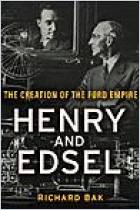
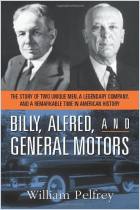
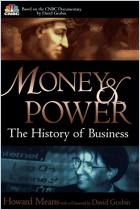
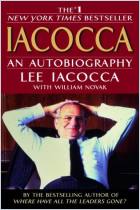

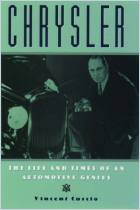
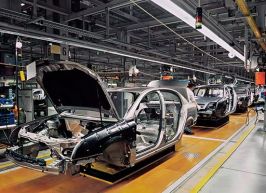





Comment on this summary or Comenzar discusión